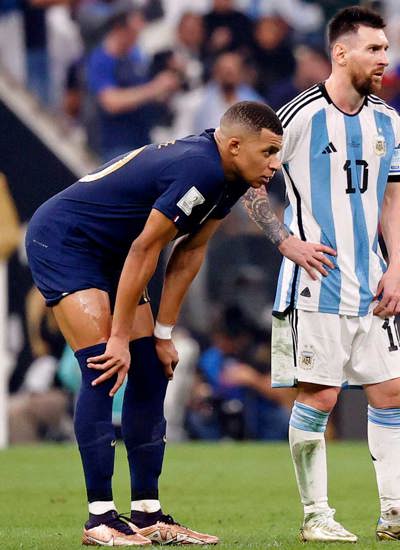{0} min. reading time
FIFPRO today stresses once again that any plans to change the men’s or women’s International Match Calendar must address the players’ concerns such as an expanding workload at the top of the game, the need to protect and improve jobs for the majority of our members around the world and protecting the promising advancement of the women’s professional game. Proposals isolating further expansions such as a biennial World Cup – as well as other competition reforms under discussion – are inadequate in the absence of solutions for existing problems. Without the agreement of the players, who bring all competitions to life on the pitch, no such reforms will have the required legitimacy.


